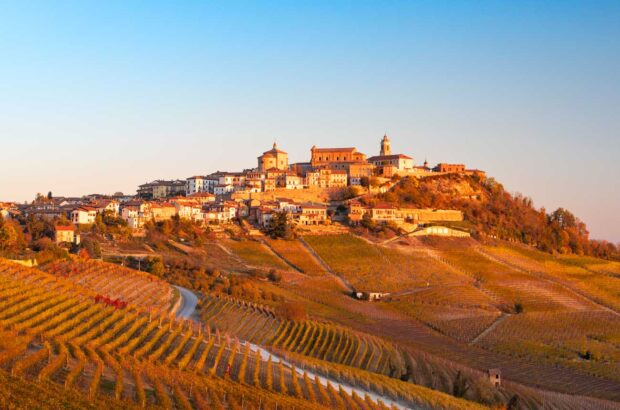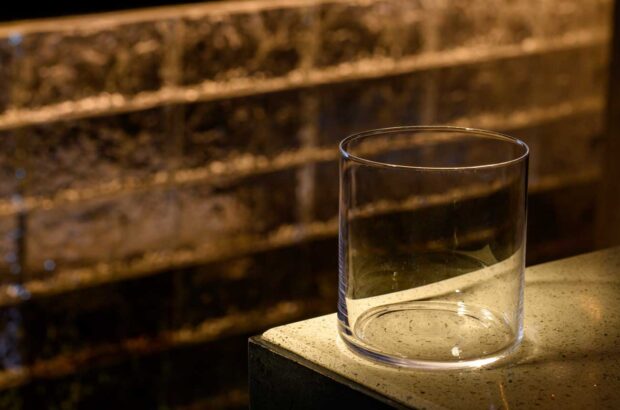A Roquefort style cheese that has been maturing on the seabed since the 17th century has been found by divers who were alerted by its pungent smell.
Divers found the shipwrecked cheese while searching the 340-year-old carcass of a Swedish warship in the Baltic Sea, off the island of Öland.
Researcher Lars Einarsson, of the Kalmar County Museum, told Swedish newspaper The Local that the cheese looked like a granular Roquefort.
Shipwrecked Champagne has previously been found in the area, which was a key trading route from Europe to Russia.
Einarsson said the shipwrecked cheese was reasonably well preserved after lying in mud on the seabed.
He said it smelled strongly of cheese and yeast, but added that he didn’t want to taste it.
Related stories:
The find came as divers near the end of their exploration of the Kronan, which was a large Swedish warship armed with 100 guns that sank in 1676.
Historical reports say the Kronan sank after becoming stuck in rough waters during the Battle of Öland. It was preparing to face a Dutch-Danish fleet before its 800-strong crew hit trouble.
The cheese will likely be sent for analysis following the find.
Scientists and historians can use disocveries like this to learn more about contemporary tastes in the period.
Last year, shipwrecked Champagne discovered off the coast of Finland was found to contain up to 150g per litre of residual sugar. Modern demi-sec Champagne, or semi-sweet, can only have residual sugar of up to 50g per litre.
More related stories:

Shipwreck Champagne shows 19th Century Europe’s sweet tooth
Many Champagne drinkers in 19th Century Europe were used to a level of residual sugar that is virtually unheard of

Shipwreck Champagne to be auctioned
A cache of 200-year-old bottles of Champagne discovered at the bottom the Baltic is to be auctioned next month.

Veuve Clicquot to age Champagne in Baltic Sea
Veuve Clicquot has buried 300 bottles and 50 magnums of its Champagne in the Baltic Sea in an ageing experiment

Undersea cellaring service preparing to launch
The world's first undersea wine cellaring service 1,000m deep and 150km off the Atlantic Coast will open next year.







